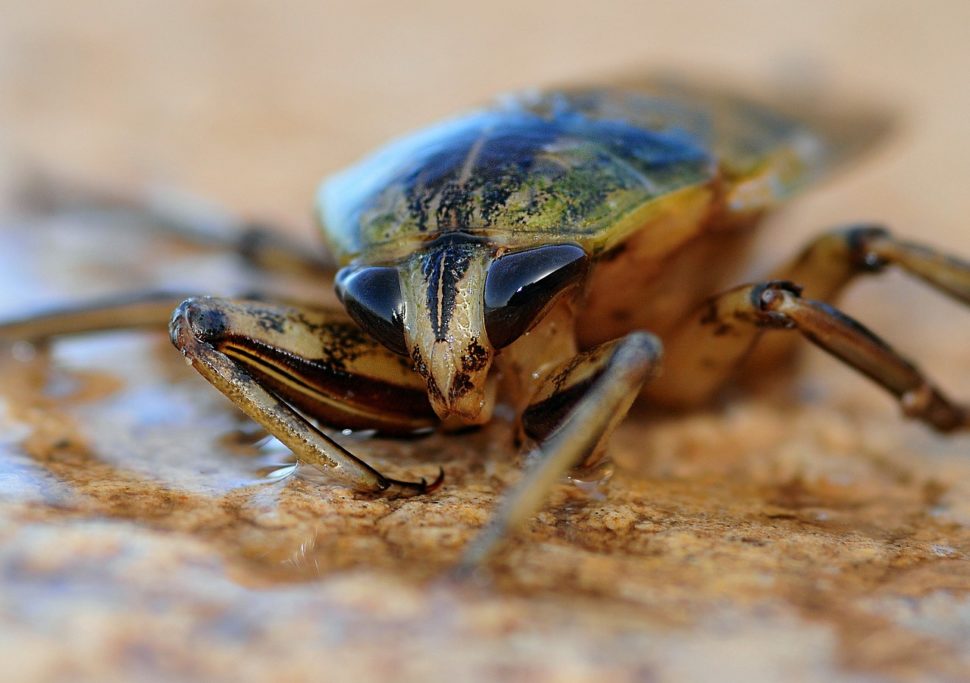Thanks to insecticide resistance, the greatest fear of squeamish humans and exterminators may soon come true – cockroaches are becoming invincible. Or at least, the German variety of the insect, the Blattella germanica, according to a new study.
Unlike other insects, cockroaches have fascinating survival tactics.
For one, they can survive without food for one month and live without water for one week. Also, the creatures can withstand a temperature as cold as 32 degrees Fahrenheit.
Now researchers are saying that cockroaches, specifically the German variety, is becoming increasingly resistant to almost every type of chemical insecticide.
How the Current Chemical Insecticides Work
Various chemical insecticides have different mechanisms of action.
While some degrade the nervous system, others attack the exoskeleton. Also, the time of action varies with each insecticide.
However, many insects, including roaches, have developed resistance to at least one of the most commonly used insecticide. Here’s where things get interesting.
Cockroaches live for about only 100 days. That means the resistance can evolve quickly, with genes from the most resistant species being passed down to the next generation within a short period.
Testing the Insecticide Resistance of German Cockroaches
To assess the resistance of German cockroaches, the researchers considered three colonies. Over six months, the researchers examined roaches in various apartment buildings in Illinois and Indiana.
First, they tested the insects’ level of resistance to three insecticides: boric acid, abamectin, and thiamethoxam.
For one treatment, they used all three pesticides, one after another for three months. In another procedure, the researchers mixed the three insecticides and applied it for six months.
The final treatment involved selecting just one chemical that a specific roach population showed low resistance to for the duration of the study.
Cockroaches Are Becoming Invincible
The findings published in Scientific Reports suggests that the cockroach population didn’t drop over time, regardless of the treatment. Whether the researchers used multiple insecticides at once, which is a common practice among exterminators, or applied the chemicals individually, the result remained the same.
On the bright side, the findings revealed that abamectin gel could wipe out a portion of the roaches colony if they have low-resistance.
So, how is the insecticide resistance of cockroaches evolving?
The researchers are still unsure. However, if the finding holds, treating cockroach infestations with chemicals alone would become impossible soon.
Instead, we may have to use what the researchers are calling “integrated pest management.” This involves cleaning debris of surfaces, setting traps for the insects, and regular vacuuming alongside chemical treatments.














Comments (0)
Least Recent